Would you like to organise a workshop on future-oriented thinking and change-making? Try the Futures Frequency workshop method!
Are you interested in future-oriented thinking and change-making, but don’t know where to begin? Are you missing a long-term goal? This toolbox helps you recognise trends and emerging phenomena, imagine alternative futures and link your future-oriented thinking to change-making.
What is the future?
There are many possible futures. We can influence which of them will become a reality. Influencing the future requires that we understand current changes, be aware of assumptions about the future, imagine alternative futures and reflect all of these in the choices we make in the present. The toolbox provides the means for all of this.
If you’d like read more about future-oriented thinking, check these out!
Get tuned into thinking about the future: What kinds of changes are underway right now?
We should start thinking about the future by getting to know the changes that are taking place in the present. What has already changed, how are the current changes interlinked and how can they be influenced? Sitra’s megatrend materials provide an overview of trends that illustrate broad arcs of change and highlight the phenomena that are currently prominent around us. Through megatrends, we can understand the changes that are happening in the present and reflect on the future we want to be build.
Challenge: What could the future be like?
If we only look at megatrends, we may fail to notice changes that are in their early stages. We can supplement our assessment of trends by analysing weak signals. These materials help us identify and interpret weak signals.
It is often difficult for us to challenge or even recognise the assumptions on which we base our ideas about the future. Challenging assumptions about the future is increasingly important because our paradigms and views about the future guide our actions and so open up specific pathways and close others. These tools help us recognise and challenge our assumptions about the future and explore alternative future scenarios.
Imagine: what do we want the future to be like?
Megatrends and weak signals help us outline different future options, while challenging futures provides scope to imagine alternative futures. Because the future is created collectively, it is essential to ask what kind of a future we want to build. These tools help us to clearly describe a vision – which is a description of a preferred future – and consider it from several angles.
Thinking about the future tends to be too focused on generalities. If we really want to achieve change, our imagining of the future needs to be more concrete – something that we can touch, smell or taste. These tools and materials help us get closer to that concrete level.
Take action: how is the future made?
Vision without action is only a daydream, but action without vision is a nightmare. It is important to link our ideas about the future to action in the present. These tools help us think about action and change-making.
What is it about?
Have you used Sitra’s popular megatrend cards and would like to take the next step? Or are you wondering how the organisation’s future capability could be developed in such a way that new phenomena would not feel as though they simply come out of nowhere? Your wish has been heard! Welcome to the Futuremaker’s toolbox.
The toolbox combines a travel guide and recipe book for you, the person shaping the future and the developer of an organisation’s operations. It helps you recognise the changes going on now, challenge assumptions about the future, imagine preferred futures and link all of these to action in the present. The toolbox for people shaping the future is based on proven futurological methods and frameworks.
Are you interested in sharing experiences? Get in touch with us!
We would be happy to hear about your experiences in using the Futuremaker’s toolbox. Please contact us by e-mail and join the debate on Twitter using the hashtags #tulevaisuudenuudistajat and #tulevaisuuspakki.
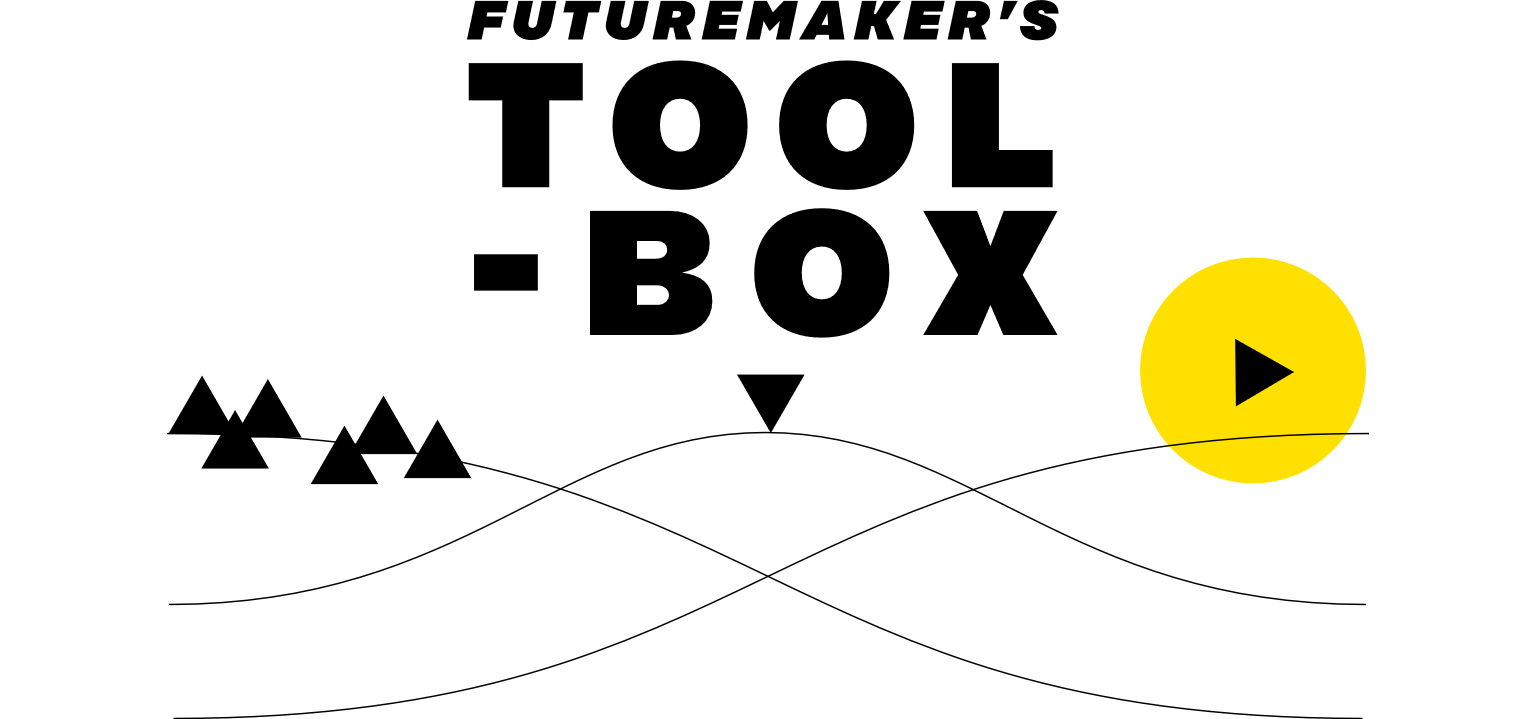


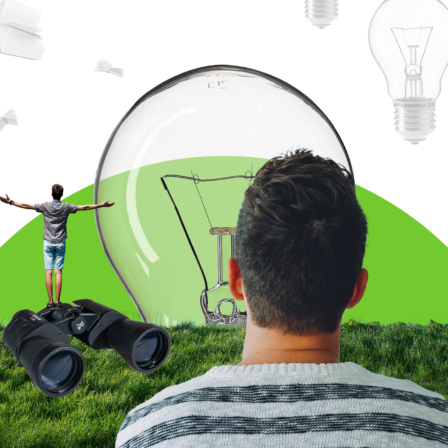
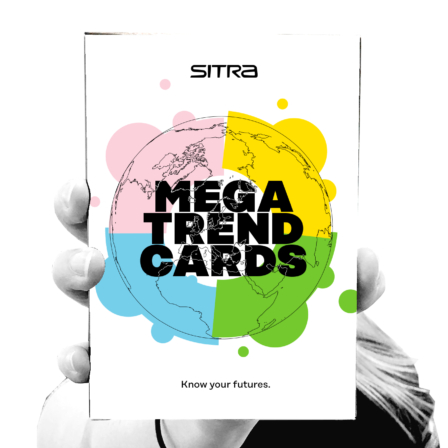
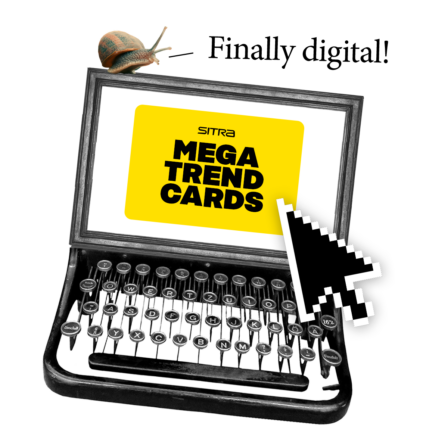














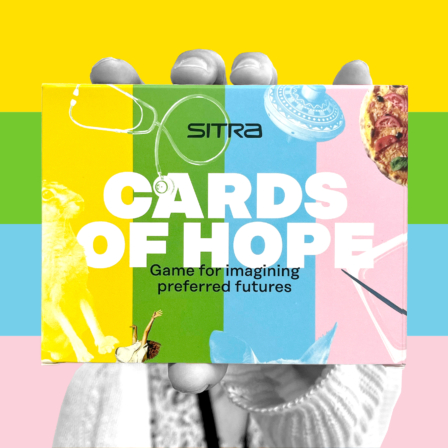


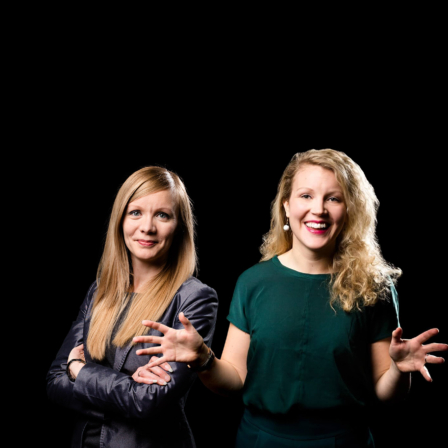









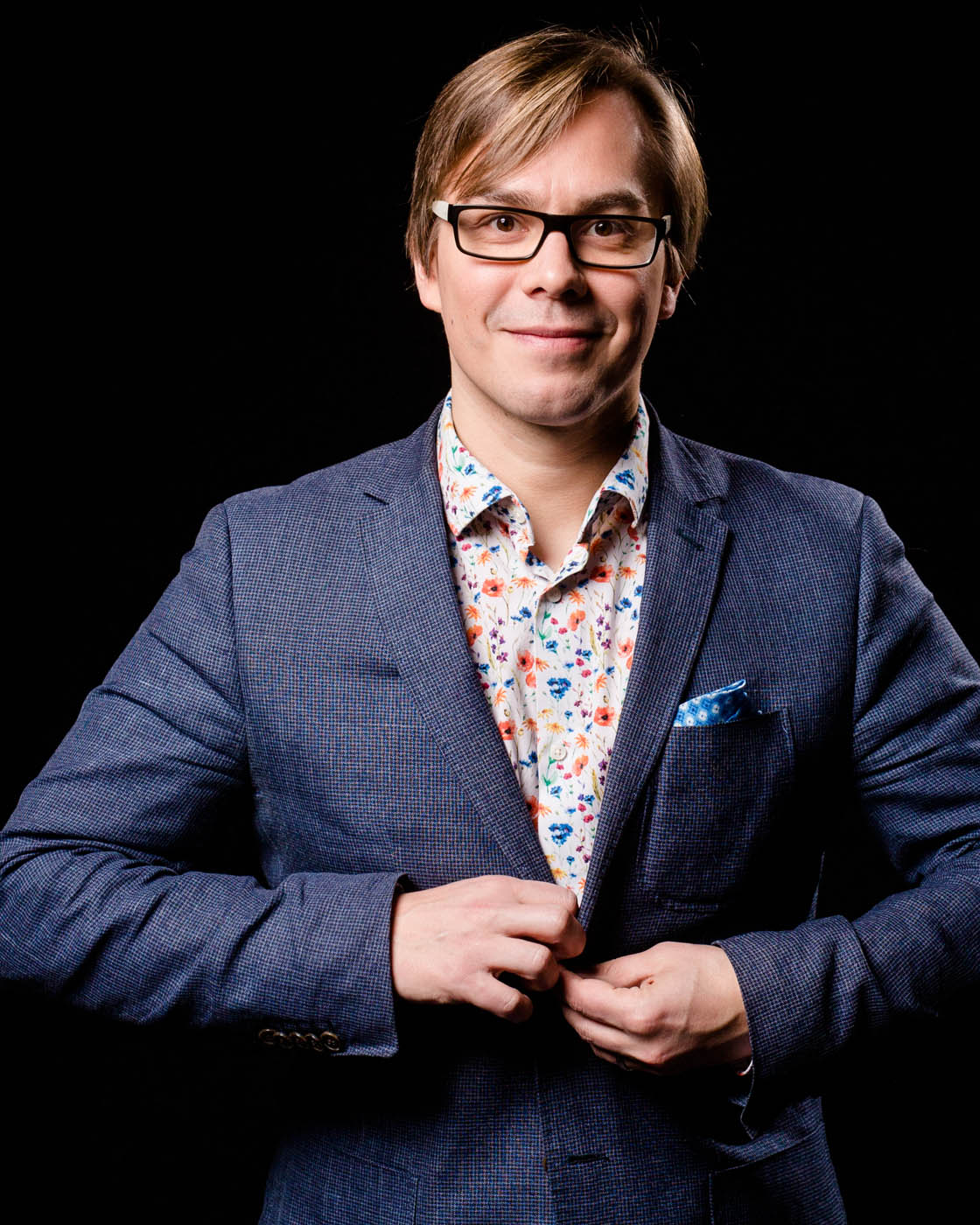

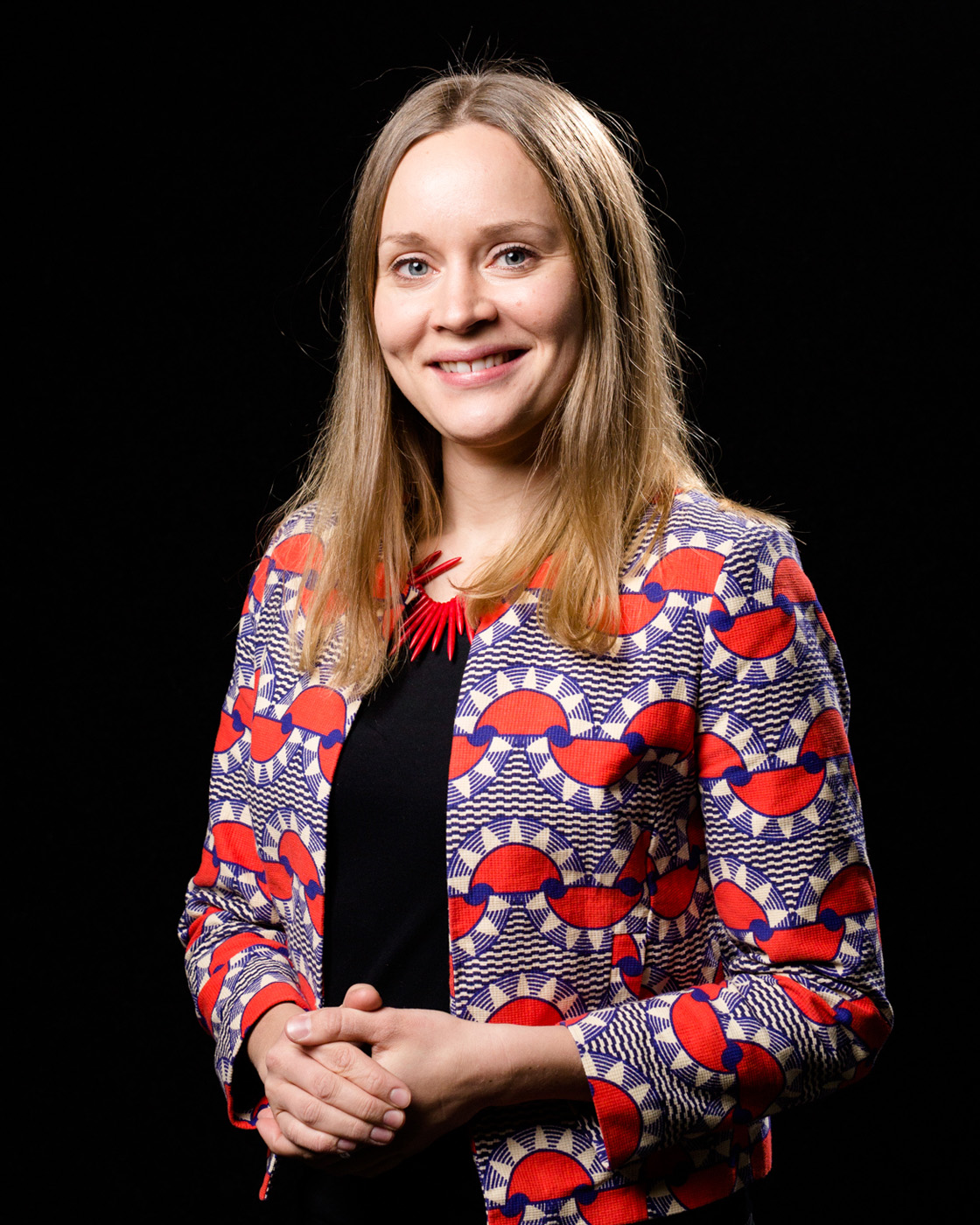
Contact
Get in touch